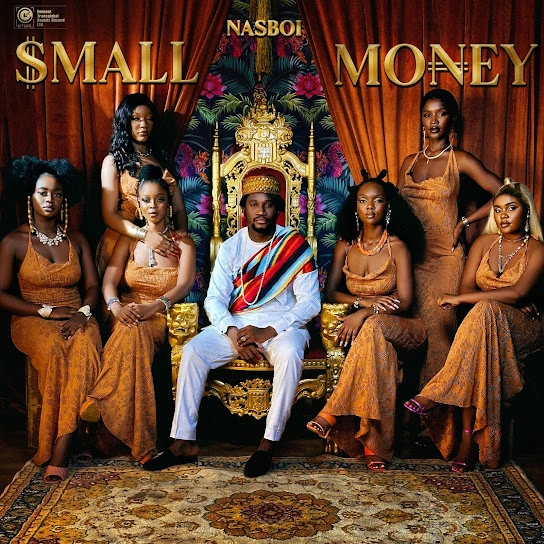Much ado about free markets, economic growth and poverty reduction

Much ado about free markets, economic growth and poverty reduction
Since this column began, a number of people have spoken to me about my fervent belief in free markets in the context of a developing economy like ours. The frequent answer I give is that “relatively” free markets are the best way I know of to reduce poverty. The reasoning goes like this – freer markets lead to improved economic growth which in turn leads to increased poverty reduction. Given that the rate of people in extreme poverty has dropped by over half over the last few years driven by strong growth in the emerging markets that have embraced versions of free markets – particularly Asia and Latin America – one can see why this is attractive to me.
A common criticism of the above belief is that all the fast-growing countries have widely different structures. There is no debating this fact. However, it is also clear that on average, the countries were more likely than not to allow competition and market forces to drive the price of a good or service, and they were more likely than not to create the regulatory and business environment that encouraged private competition.
Another common criticism is that even in these countries, economic growth doesn’t lift all boats equally, and can even create unrest in the target countries – even in countries that have seen the greatest gains from poverty reduction.
This is an inarguable truth. Even though the poor do gain from economic growth, the more well off gain disproportionately. As William Gibson, one of the greatest science fiction writers of the twentieth century, said – the future is already here, it’s just not evenly distributed. He was talking about technology, but the same can be said of economic growth.
It is easy to illustrate this with Lagos as a state compared to Nigeria as a country. In 2014, Lagos was estimated to have a GDP of $90 billion. That means that with 5% of the land mass and roughly 10% of the population, Lagos accounted for about 20% of Nigeria’s GDP – giving Lagos a per capita income twice as high as Nigeria’s average.
It is clear to most people that Lagos has benefitted disproportionately from Nigeria’s economic growth over the last decade and a half. The tendency is to dismiss Lagos as an aberration, and as an accident of geography and history. However, I believe Lagos should be seen as an inspiration. Look at it this way, if everywhere in Nigeria had the same per capita income as Lagos, Nigeria would be a very different place.
A little math will show just how different. For Nigeria as a country to have the same GDP per capital as Lagos, the economy of the country would effectively have to double in size. If Nigeria grew at 10% real GDP per year, it would take just over 7 years for this to happen. If we grew at 5% it would take roughly 14 years and if we grew at 2% it would take 35 years.
This power of compounding is why economic growth is a core focus of governments the world over. As the example above shows, economies on different growth rate trajectories can look very different in a few decades. Hence all the comparisons between Nigeria and Asian countries like South Korea. We got on the wrong growth curve and paid for it in the long run.
Starting in the early noughties, and fueled by concurrent oil and gas, financial services and telecoms booms, Nigeria embraced free markets and hoped on the 5% growth train. The various governments of the day spoke about their desire to push us to 7% to 10% growth enjoyed by India and China respectively, however, we were never able to overcome our main challenges (inadequate electricity power and a challenging regulatory environment) to do so.
To complicate matters, the 5% percent growth rate is not enough for Nigeria to accelerate poverty reduction. As most people know, Nigeria has an estimated yearly population growth of 2% to 3% per annum. Which means that on a per capital basis, a 5% income growth rate translates to a per capita growth rate of 2% to 3% per year.









![Siren (2023) [Hindi]](https://www.memesng.com/r/storage.waploaded.com/images/5b9af584b9aad208a1b1645087762423.jpg?w=50&ulb=true&ssl=1)
















{{comment.anon_name ?? comment.full_name}}
{{timeAgo(comment.date_added)}}
{{comment.body}}
{{subComment.anon_name ?? subComment.full_name}}
{{timeAgo(subComment.date_added)}}
{{subComment.body}}